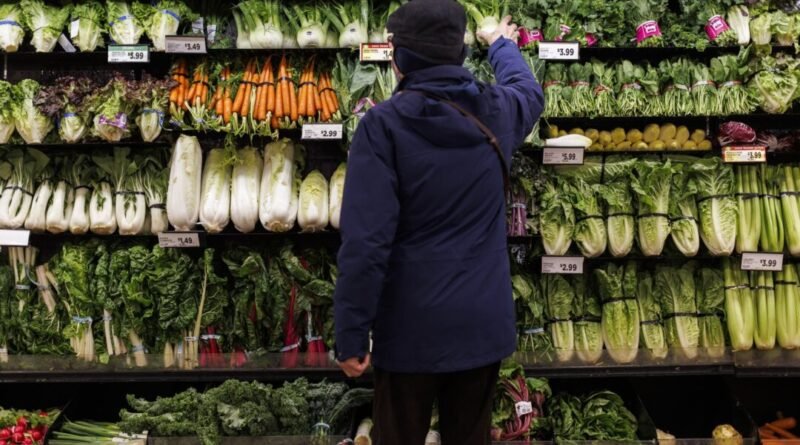Is the Wild Ride of Inflation Coming to an End?
The most recent inflation data from both Canada and the United States indicates a downward trend in inflation following a period of high volatility, attributed partly to increased interest rates and supply chain restructuring.
While experts believe Canadians have experienced the end of high inflation for now, there is a potential risk that future geopolitical uncertainties could once again drive up prices for everyday items.
Eric Miller, from Rideau Potomac Strategy Group, stated, “We’re currently on a positive trajectory. Long-term things are slowing down. The policy measures implemented by central banks are effective,” but warned about potential disruptions in the future.
How We Arrived Here
In the aftermath of the COVID-19 pandemic, global inflation surged due to factors such as supply chain disruptions, increased government stimulus, and higher oil prices resulting from the Russia-Ukraine conflict.
To combat this inflation surge, central banks worldwide raised interest rates. The Bank of Canada increased its benchmark rate from 0.5 percent in March 2022 to 5 percent by June 2023, while the U.S. Federal Reserve raised rates from 0.5 percent in March 2022 to 5.5 percent by July 2023.
“The time has come for policy to adjust,” Powell stated during the Fed’s annual retreat in Wyoming on Aug. 23. He emphasized the clear direction of inflation trends.
Reasons Inflation May Have Stabilized
William Huggins, an economics professor at McMaster University, mentioned that the central banks’ strategy of raising interest rates effectively curbed inflation, although the impact took some time to materialize.
Huggins explained that the recent interest rate hikes, while aggressive, were milder compared to the high rates seen in the 1970s and 1980s, when inflation exceeded 12 percent. The benchmark rate hit over 21 percent in 1981 following a series of increases by the Bank of Canada.
Huggins also highlighted the role of energy prices, supply chains, and changes in China’s global economic position in influencing inflation rates along with the need for additional energy infrastructure in Canada.
Between June 2021 and June 2022, Brent crude prices surged, impacting the costs of manufactured goods and food items due to the significant role of energy costs in agriculture.
Geopolitical Risks
Miller also pointed out potential geopolitical risks that could lead to a resurgence of inflation in Canada, including scenarios of the U.S. engaging in tariff disputes with other countries.
Huggins emphasized that China’s actions, particularly toward Taiwan, present a significant global inflation risk, along with other factors like the Russia-Ukraine conflict, Iran-Israel tensions, and issues in Venezuela that could disrupt global supply chains and elevate inflation rates.



